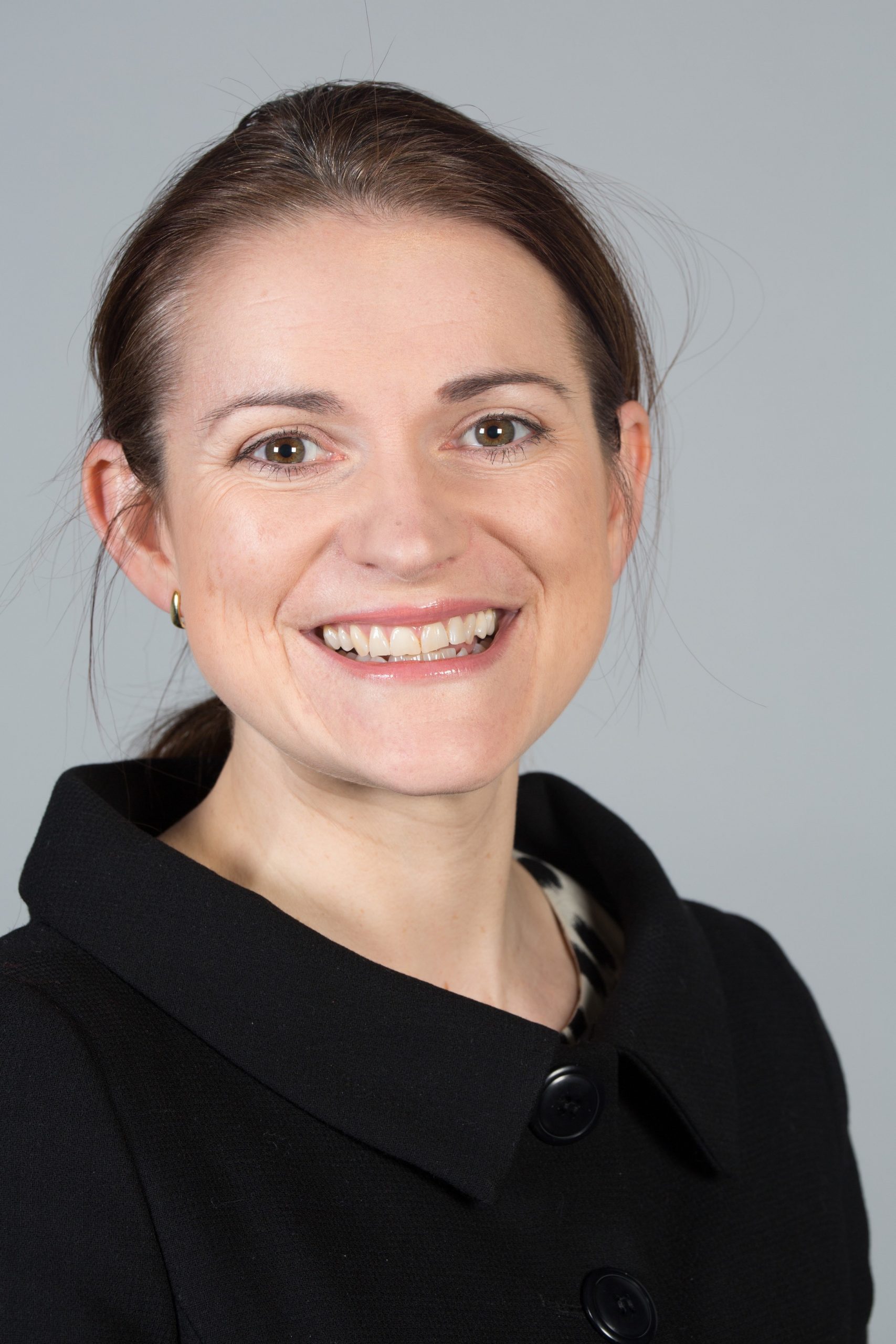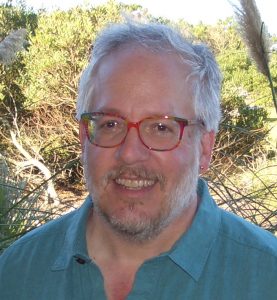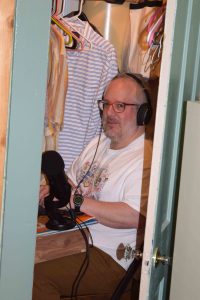Meet CC Italy, Our First Feature for CC Network Fridays!
vendredi 10 juillet 2020 à 18:54Did you know that the Creative Commons Global Network (CCGN) consists of 43 CC Country Chapters? Spread across the globe, these CC Chapters are the home for a community of advocates, activists, educators, artists, lawyers, and users who share CC’s vision and values. They work to implement and strengthen open access policies, copyright reform, open education, and open culture in the communities in which they live.
To help showcase their work, we’re excited to introduce our blog series and social media initiative: CC Network Fridays. At least one Friday a month, we’ll travel around the world through our blog and on Twitter (using #CCNetworkFridays) to a different CC Chapter, introducing their teams, discussing their work, and celebrating their commitment to open!
First up is CC Italy!
The CC Italian Chapter was formed in December 2018. Its Chapter Lead and representative to the CC Global Network Council is lawyer Deborah De Angelis. From the beginning, the Chapter has been involved in many fields of the open movement but over the last year, in particular, it has enhanced its activities covering almost all CCGN Platforms. To learn more about their work, we reached out to CC Italy to ask a few questions. They responded in both English and Italian!
CC: What open movement work is your Chapter actively involved in? What would you like to achieve with your work?
CC Italy: The Italian Chapter is involved in advocating for CC licenses, in the process of the DSM Directive implementation in Italy, and has formed an Open GLAM group and an Open Education group. Our goal is to achieve more openness and the widespread adoption of CC licenses in Italy.
Il Capitolo italiano divulga le licenze CC, è coinvolto nel processo di implementazione della Direttiva DSM e recentemente ha costituito al suo interno due gruppi di lavoro, uno dedicato all’Open GLAM e uno dedicato all’Open Education.
CC: What exciting project has your Chapter engaged in recently?
CC Italy: The Chapter participated in the hearing at the Italian Senate for the DSM Directive implementation. It is working on a common appeal for the free re-use of cultural heritage images in the European Union and writing a proposal to the Italian Ministry for the Open Education policies implementation.
Il Capitolo italiano ha partecipato alle audizioni al Senato per l’implementazione della Direttiva DSM. Attualmente sta lavorando ad un appello per il libero riuso delle immagini dei beni culturali nell’Unione Europea e ad una proposta indirizzata al Ministero italiano dell’Istruzione e dell’Università e della ricerca per l’implementazione di politiche di Open education.
CC: What projects in your country are using CC licenses that you’d like to highlight?
You can find some Italian private and public organizations that share their works with CC licenses, here. We would like to mention that the National and Central Library of Rome (not present in the list above) shares its digital content under CC BY-NC-SA 3.0.
Potete trovare qui alcune realtà italiane pubbliche e private che condividono le proprie opere con le licenze CC. Vorremmo citare anche la Biblioteca nazionale Centrale di Roma (non presente nell’elenco) tra coloro che condividono i propri contenuti digitali con licenza CC BY-NC-SA 3.0.
CC: What do you find inspiring and rewarding about your work in the open movement?
CC Italy: We strongly believe in the importance of sharing knowledge and culture in order to create a fairer world through a democratic and safe digital space. We work very hard for this purpose and we are rewarded by every small step forward we’re able to achieve.
Crediamo fortemente che la condivisione della cultura e della conoscenza siano fondamentali per la creazione di un mondo più equo anche attraverso uno spazio digitale sicuro e democratico. Lavoriamo molto in questa direzione e ci sentiamo pienamente ricompensati da ogni passo avanti che riusciamo a raggiungere con il nostro lavoro.
CC: What are your plans for the future?
CC Italy: The future is now! We are deeply involved in so many projects and we really hope to achieve even just a part of our goal, and to enlarge and strengthen the Italian CC community. For updates about the CC Italian Chapter’s activities, visit our website or contact us!
Il futuro è adesso! Stiamo lavorando su tantissimi progetti e speriamo di raggiungere anche solo una parte dei nostri obiettivi e di ingrandire e rafforzare la comunità italiana di Creative Commons. Per aggiornamenti sulle attività del Capitolo italiano CC, visita il nostro sito Web o contattaci!
Thank you to the CC Italy team, especially Laura Sinigaglia and Deborah de Angelis for contributing to the first CC Network Fridays feature, and for all of their work in the open community! To see this conversation on Twitter, click here. To become a member of the CCGN, visit our website!
 : Featured image has icons by Guilherme Furtado and Vectors Point via Noun Project (CC BY 3.0).
: Featured image has icons by Guilherme Furtado and Vectors Point via Noun Project (CC BY 3.0).
The post Meet CC Italy, Our First Feature for CC Network Fridays! appeared first on Creative Commons.



 After revising the CC Global Summit, we’ve decided to once again open our
After revising the CC Global Summit, we’ve decided to once again open our  As part of our initiative to support multiple languages, you can view this blog post in
As part of our initiative to support multiple languages, you can view this blog post in